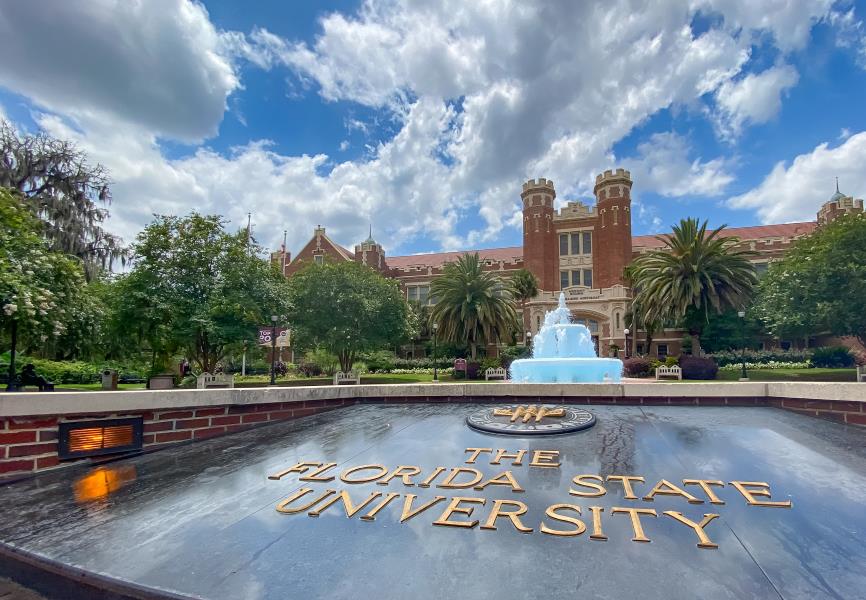Scholarship: Fully-funded
Degree: Ph.D
Nationality: International Students
Location: USA
Application deadlines: Open
Scholarship Description:
Professor Bin Ouyang has been an assistant professor at Florida State University since August 2022. Previously, he conducted postdoctoral research under Professor Gerbrand Ceder at UC Berkeley. His research group has published over 80 academic papers, with first or corresponding authorship in journals such as Science (1), Nature sub-journals (5), Nature Communications (4), Joule/Matter/Chem (3), and Advanced Materials (2). His primary research focuses on developing and applying high-throughput computing, data mining, and machine learning techniques in conjunction with thermodynamics and solid-state chemistry to design energy materials.
Additional Notes
- Competitive salary will be offered, details can be discussed during the interview.
- There will be many opportunities for collaboration with experimental research groups.
Tallahassee offers a strong cost of living and quality of life compared to many other U.S. locations. It has quality lifestyle options like Whole Foods, Costco, shopping malls, Trader Joe’s, and various Chinese restaurants and supermarkets. An international airport is a 20-minute drive from the university. Housing costs in Tallahassee are about one-third to one-half of those in cities like San Francisco, New York, Los Angeles, and Chicago. Additionally, Tallahassee is safe and stable.
Florida’s climate ranks among the best in the U.S., making it a popular destination for tourism and retirement. Temperatures are typically above freezing all year, averaging around 20 degrees Celsius.
Outstanding postdoctoral researchers may have opportunities for direct promotion to research professor or faculty positions after a few years. There will also be full support for excellent postdocs to apply for green cards, academic positions, or industry roles. Specific details can be discussed during the interview.
Available Subjects:
- High-throughput design and machine learning for catalytic materials and fuel cells.
- High-throughput design and machine learning for battery materials.
- Fully automated experimental design and AI-guided large-scale material synthesis (in direct collaboration with the experimental team).
Eligibility criteria:
- Solid knowledge of materials and strong learning ability. Advisors can provide training from scratch, but students should demonstrate a certain level of learning capacity. Please describe relevant research experiences in your email to reflect your learning ability.
- Significant programming experience is required. Applicants are encouraged to include code samples or a GitHub repository.
- Research background in one or more of the following fields: solid mechanics, fluid mechanics, heat transfer, electronic transport, CALPHAD, or alloy phase transformations.
- Experience with one or more of the following computational simulations: DFT, MD, MC, phase field, CALPHAD, or machine learning.
Application Procedure:
Interested students should send their emails to [email protected].
